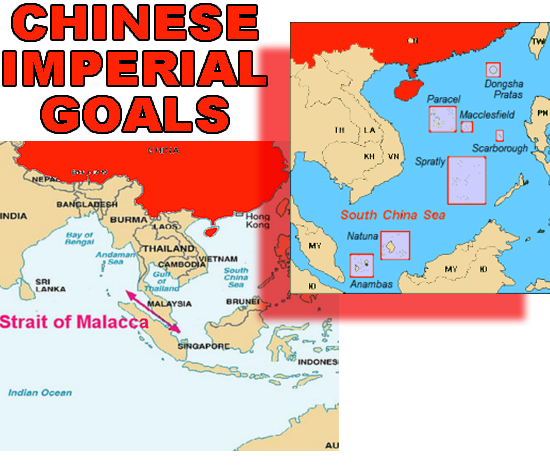
A FB Dialog
Given China’s decision to declare an air defense zone in the vast region of the Pacific Ocean known as the South China Sea, I have decided to reverse my position on the TPP. I now support its ratification. It is vital that the nations of the Pacific Ocean form increased ties – not just trade, but political ties as well. We need to do the EU one better. I would have preferred not to, but the US cannot do this alone. We need to join with our global neighbors and defend our ocean, while introducing the best of our American values, as we absorb the best from our allies.
